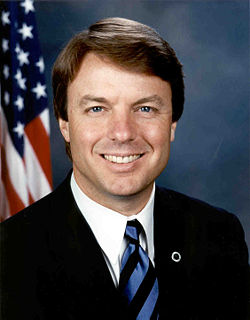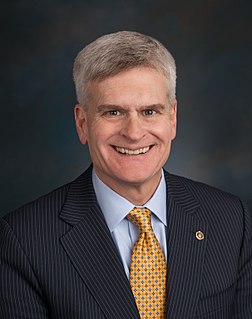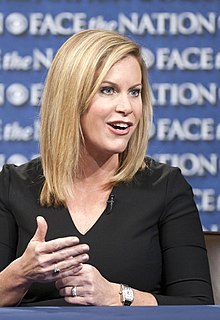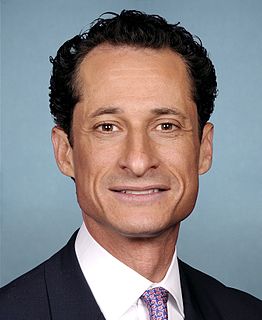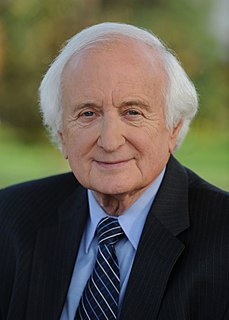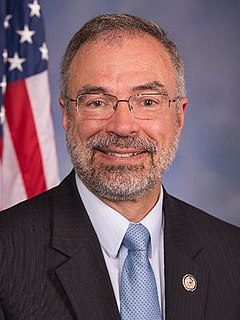A Quote by John Edwards
We ought to follow through on an idea that was first proposed by President Clinton to allow people over the age of 55 who are not eligible for Medicare into the Medicare system, at cost, and below cost for those who can't afford it. That takes care of a significant number of the people who don't have health insurance.
Related Quotes
Medicare is a monopoly: a central-planning bureaucracy grafted onto American health care. It exercises a stranglehold on the health care of all Americans over 65, and on the medical practices of almost all physicians. Medicare decides what is legitimate and what is not: which prices may be charged and which services may be rendered.
If we are enforcing what should be the rules around Medicare and making sure the people are getting the bang for the buck, it's not going to be possible for insurance companies to simply pass on those costs to Medicare recipients, because ultimately it's Uncle Sam that's paying for those services anyway.
The rise in health care costs since Obamacare, the Affordable Care Act was passed, have been at their lowest rate in 50 years. Those savings have extended the Medicare trust fund by 11 years. So we've got a baseline of facts.So it is true theoretically that all that progress can be undone, and suddenly 20 million people or more don't have health insurance.
The Affordable Care Act is a huge problem. [Repealing the ACA is] going to have huge implications. We have millennials that live in Boston that are on their parents' health insurance. The businesses have hired them and have been able to hire more people because they have been able to be on their own health insurance. We have seniors in our city who have preexisting conditions, or something called a "donut hole," which is a prescription drug [gap] in Medicare. Whatever changes they make could have detrimental effects on people's health care, but also on the economy.
